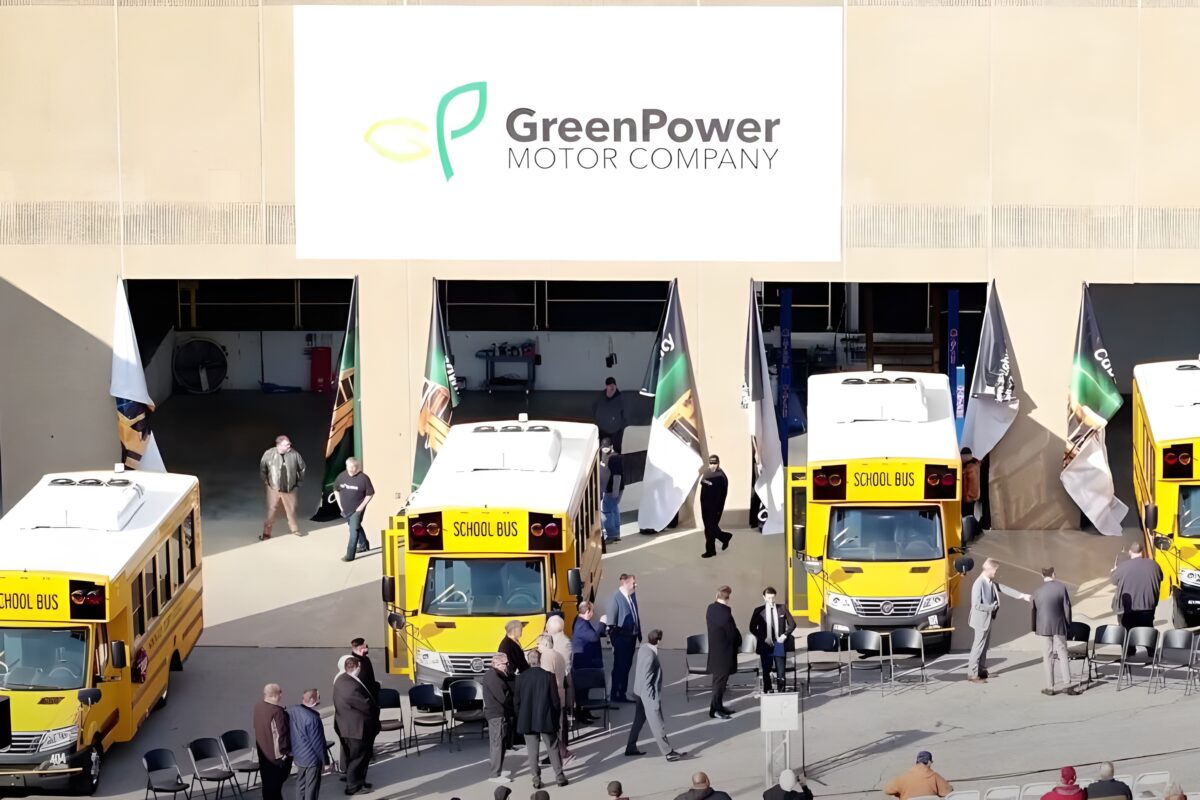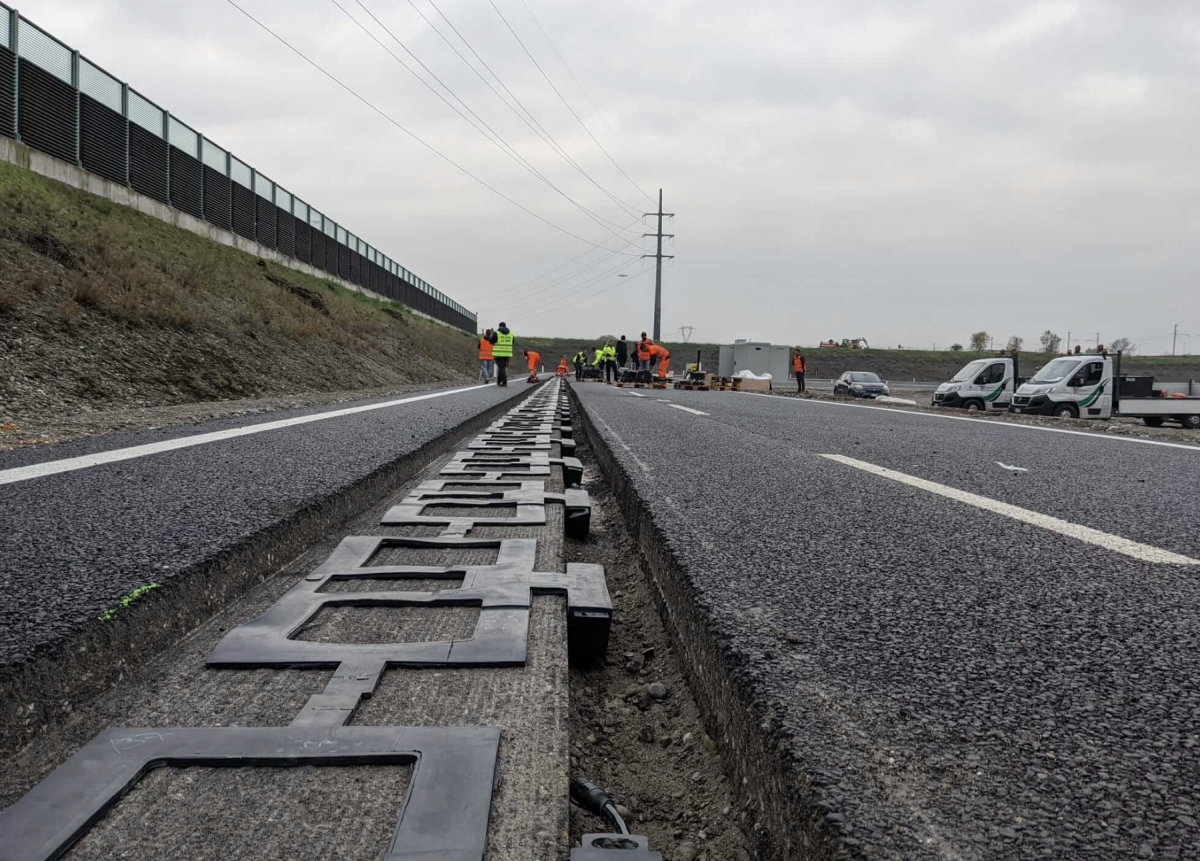The market for cars and light commercial vehicles in Brazil expanded 2.9% in 2011, with sales of 3.42 million vehicles. By contrast, the first five months of 2012 showed a year-on-year contraction of 4.3% compared to the same period last year.
Brazil’s 2012 GDP forecast has been lowered from a 4% growth estimate made by analysts earlier this year to 2.5-3% recently. This slower growth projection, in part caused by a slower global economy and the additional increase in vehicle credit default and lower credit availability, has contributed to lower vehicle sales in Brazil this year. The Brazilian government took actions last month to lower by 3-7% the IPI (Industrial Products) tax depending on engine size; manufacturers agreed in turn to lower their prices to between 1 and 2.5%, in addition to banks expanding credit availability and longer payment terms. These actions reduced entry-level car prices by about 10% and high-end vehicles by a few percent points too. However, most high-end imported vehicles did not see this price reduction, due to the 10% currency devaluation Brazil has witnessed this year.
The main reason for the contraction of HCV sales was legislation requiring the switch from Euro III to Euro V on 1 January 2012.
In light of this, light vehicle sales in the first half of June were up by 7.9% to 159,000, whereas the first half of May saw sales of 147,300 units, despite there being an extra day of business in the May period.
In the heavy commercial vehicle (HCV) sector, despite an expansion of 11.5% in 2011 leading to sales of 207,400 trucks and buses, the first five months of 2012 showed a 12.2% market contraction.
The main reason for the contraction of HCV sales was legislation requiring the switch from Euro III to Euro V on 1 January 2012. Knowing that Euro V vehicles would cost between 10-15% more, Brazilian fleet owners anticipated purchases of new vehicles (Euro III) in the fourth quarter of 2011.
Most OEMs opted for Selective Catalytic Reduction (SCR) technology in order to comply with the new emissions requirement. However, the availability of the AdBlue (urea) required for SCR, and lower sulphur S50 diesel fuel for the engine is still limited to certain parts of Brazil. As it stands, Euro III and older engines run on S500 diesel fuel, which has a higher sulphur content.
Most OEMs opted for Selective Catalytic Reduction (SCR) technology in order to comply with the new emissions requirement. However, the availability of the AdBlue (urea) required for SCR, and lower sulphur S50 diesel fuel for the engine is still limited to certain parts of Brazil.
Before the end of 2011, several OEMs built up an inventory of Euro III vehicles, which only dried up this month. This inventory of 2011-built vehicles, in addition to last year’s anticipated vehicle sales and higher priced Euro V vehicles, caused a 32% drop in local production of heavy trucks and buses on a year-to-date May comparison.
Taking into account the fact that Brazil has a strong domestic market, a growing middle class, low unemployment and a high consumer confidence index, CARCON Automotive data indicates that light vehicle sales will recover during the remainder of this year and full year sales should expand by 3-4% over 2011. However, CARCON Automotive expects the HCV sector to finish 2012 with a 10% drop on a year-on-year comparison, with growth returning from 2013 onwards.
The opinions expressed here are those of the author and do not necessarily reflect the positions of Automotive World Ltd.
Julian Semple is a Senior Consultant and Manager at CARCON Automotive in Sao Paulo, Brazil.
Julian Semple’s eight years as an automotive industry consultant were preceded by 27 years in automotive industry management positions, with responsibility for business strategy, cost management, manufacturing and product development at large corporations including Visteon and Ford in South America and North America. CARCON Automotive specialises in market intelligence, product and business strategy in the Brazilian and Argentinean automotive markets. Clients include major automotive OEMs and Tier 1 suppliers.
Learn more about CARCON Automotive at www.carcon.com.br Telephone: +55-11-2355-5873 E-mail: jgsemple@carcon.com.br
The AutomotiveWorld.com Expert Opinion column is open to automotive industry decision makers and influencers. If you would like to contribute an Expert Opinion piece, please contact editorial@automotiveworld.com



